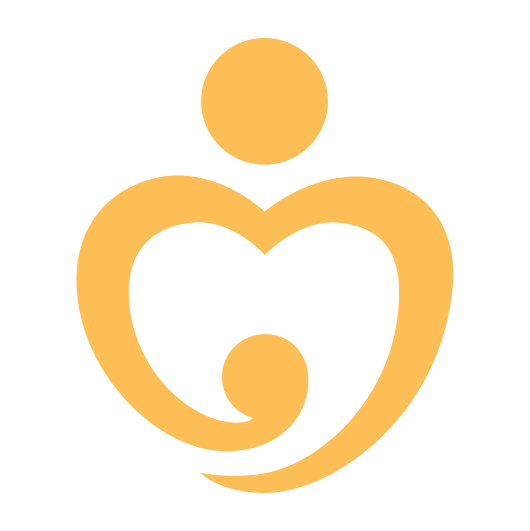
Q1 Report 2023
January - March
Dear One Heart friends,
We hope the year has gotten off to a great start for all of you.
This quarter I had the opportunity to visit the field and see firsthand the impact One Heart is creating for communities in Nepal. I was thrilled to visit some of the health facilities supported by One Heart in Kavrepalanchok District.
While there, I met Female Community Health Volunteers (FCHVs), local stakeholders and politicians, healthcare workers and beneficiaries of our work. Nothing could be more uplifting than listening to the young health professionals talk about how they saved numerous mothers and newborns’ lives with the help and training we provided. Inside the Birthing Center, the Skilled Birth Attendants pointed out all of the necessary equipment, drugs and training they received that helped to provide quality care for mothers and their newborns. One of the local heads of government even came to thank us for our support!
What could be more heartwarming than hearing a nurse say that she “could only be functional because of the support from One Heart Worldwide”. I was particularly overwhelmed with joy when I was introduced as the first Nepali on the Board of OHW.
I invite you to read our quarterly report and learn more about what has been happening on the ground in Nepal.
Dhanyabad (Thank you) for being on this journey with us!
Sincerely,
Jagdish Upadhyay,
OHW Board of Directors Member

Program Highlights
-
We have signed partnership agreements with four new NGO partners to serve as implementation partners in Madesh and Karnali (in Madesh, Jan Jagaran Youth Club for Bara, Ratauli Yuwa Club for Mahottari; and in Karnali, Everest Club for Dailekh and Village Development & Save the Environment Forum for Kalikot). The staff hiring process was completed and field offices were set up with the support of the central OHW team in Kathmandu. The OHW team also provided program- and process-specific orientations to ensure that the staff of the four new NGO partners were ready to start implementing the OHW program.
-
The end of 2022 marked the first six months of OHW working with NGO partners in Rautahat, Dolpa, Salyan and Rukum West for program implementation. In January 2023, we organized a 2-day program review meeting with the NGO staff for these 4 districts. We reviewed progress and challenges encountered during the last two quarters of 2022. The local NGOs reported facing issues with staff turnover and low confidence levels among their staff. They expressed a need for additional training. We also reviewed programmatic, financial, administrative and HR guidelines to improve compliance and program delivery. We concluded the event with a working session to clarify any outstanding issues in order to promote open communication between all partners.
-
The Gandaki province initiated the development and utilization of a web-based platform to track health data at the household level, including data about pregnant women and recently delivered women. The OHW Parbat team trained health workers to collect this data using KoboToolbox, a powerful and reliable data collection, management and analysis software. The data gathered through this platform will allow local municipalities based their health planning and budgeting on actual evidence. The OHW team also provided technical support to two municipalities in Parbat (Modi and Phalebas) in the development of web-based health profiles using data gathered by this new platform.
-
In March 2023 a massive fire destroyed 15 households in the village of Katuwachaur, in the rural municipality of Kalinchowk in Dolakha district. OHW provided emergency relief in the form of food, sanitary items, and warm clothing to the 44 people affected by this tragedy.

Program Delivery

Research & Development
-
Developed in collaboration with the Family Welfare Division and Laerdal Global Health, the SBMP is a hands-on, workstation-based coaching and mentoring program that provides short doses of regular demonstrations and drills to MNH service providers. This quarter, we successfully completed 16 monthly sessions (12 in Myagdi and 4 in Sarhali). We also conducted 2 virtual coachings where 38 mentees participated (12 from Dolakha and 26 from Udayapur). This past quarter we also completed the midline post-assessment in 13 intervention sites (1 in Myagdi and 12 in Sarhali) and conducted midline qualitative/ in-depth interviews with 24 participants from intervention sites (8 in Myagdi and 16 in Sarhali) and 28 in control sites (12 in Myagdi and 16 in Sarhali). We also completed the midline qualitative and quantitative data analysis of Udayapur and Dolakha, and shared the findings to the respective OHW district teams, mentors and mentees. The endline post-assessment data collection process was completed at 13 intervention sites (7 in Udayapur and 6 in Dolakha).
-
This evaluation aims to assess how our programs have impacted the lives of women and newborns. Additionally, the evaluation seeks to address questions concerning medium- and long-term sustainability, replicability, and areas where the Network of Safety could be adapted or re-imagined to best meet the needs in Nepal and other countries in need. The external evaluation teams from Dartmouth College and Social Science Baha completed the data analysis process and are currently finalizing their report, which we expect to be available by the end of Q2 2023.
-
Creative Solutions for Health Pvt. Ltd was selected to do the endline survey in Khotang and baseline survey in Rautahat. Data collection for both of these surveys has been completed. Creative Solutions has started cleaning, processing, and analyzing the data. We expect their final report to be available by end of Q2 2023.
-
The SWC conducts periodic external evaluations on all programs run by International Non-Governmental Organizations (INGOs). Members of the SWC form a committee of 3-4 experts (including financial experts) and evaluate compliance and progress on program targets and financial accuracy. During this process, the committee conducts field visits, meets district, municipality, and community stakeholders, reviews the program and financial reports, and finally, interviews staff. Once the evaluation report is complete, the SWC provides recommendations to the INGO assessed based on their findings. The SWC evaluation team visited our completed programs in Taplejung, Udayapur, Panchthar, Sarlahi and Dhading for their final evaluation of the Network of safety project. The preliminary report from the evaluation team suggests that the project design was pertinent, including use of baseline assessment findings and aligning with the needs of the population and their social and cultural context. Conduction of various trainings in coordination with National Health Training Center, aligning with government priorities are praiseworthy. The involvement of community health volunteers and interaction with mothers is also an important component of the project. Above all, the adaptability of the project during COVID-19, swift allocation of resources to deal with the pandemic was widely accepted. The overall design was comprehensive, well developed and adaptable to changing needs and constraints.

Meet Our Staff: Rabin Joshi
Rabin’s journey began in the hills of Rolpa, Lumbini Province, where he started his career with local civil society organizations to help underserved communities in rural areas. He worked on various health, nutrition, child protection, livelihood, water health, and sanitation projects in Kapilbastu, Rolpa, and Dang Districts with support from UNICEF and Save the Children. Rabin gained popularity as a teacher in a rural school before joining OHW as District Coordinator in Bhojpur District in 2016. Under his leadership, his team built 18 birthing centers in just 3.5 years, still the highest number of birthing centers built in a single district. OHW introduced cost-sharing practices with the local governments during his tenure in Kavre, where the government contributed significantly.
In late 2022, he competed for and was appointed Senior Program Coordinator, leading his team in several districts in Karnali Province. Rabin’s success in Kavre is now being replicated in Karnali, where OHW is implementing its new MNH program.
Rabin, originally from Rolpa, has a Bachelor’s degree in Public Health and a Master’s degree in Sociology. Rabin’s success at OHW is a testament to his hard work, dedication, and commitment to serving his community. He is a role model for others who aspire to make a difference in the lives of those who need it most. Despite his success, Rabin remains committed to OHW’s values and the significant contributions the organization makes as an institution.




